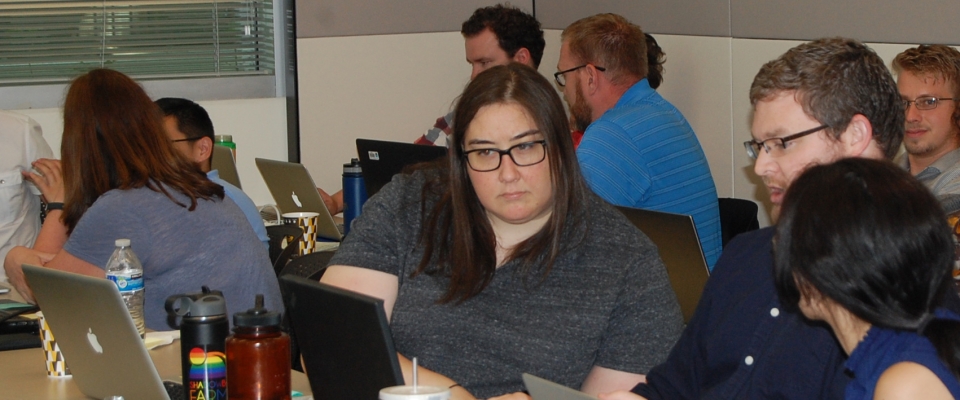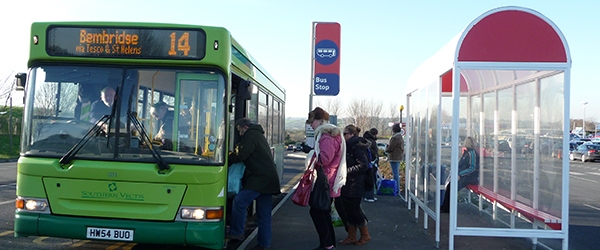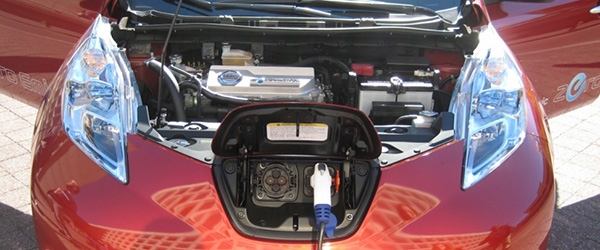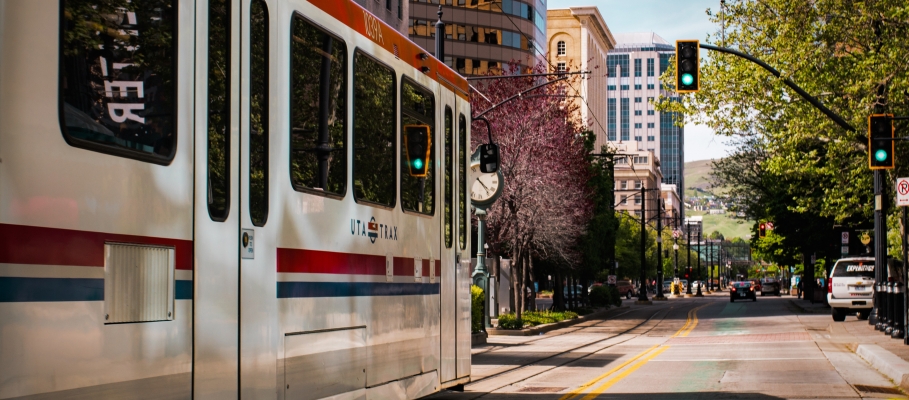Keunhyun Park, Assistant Professor at Utah State University, Department of Landscape Architecture and Environmental Planning
Keunhyun Park graduated from the University of Utah in the spring of 2018, and is now a tenure-track assistant professor at Utah State University. In January 2018 he received a TRB Best Paper Award for "Travel Behavior in TODs vs. non-TODs: Using Cluster Analysis and Propensity Score Matching (PDF)," a paper he coauthored based on a NITC-funded research project with Brenda Scheer and Reid Ewing of the University of Utah. Selection was made by the Transportation and Land Development Committee of the Transportation Research Board (TRB).
Tell us about yourself:
I am from South Korea, where I studied landscape architecture for both my undergraduate and...
Read morePortland, Oregon's 2035 Comprehensive Plan calls for “City Greenways” - a citywide network of park-like streets focused on moving pedestrians and bicycles safely. Such a connected network of safe, welcoming active transportation options could have significant benefits for residents—but which residents?
Benefits of bike and pedestrian infrastructure include environmentally sustainable transportation, livability, and improvements in economic development and public health. While these outcomes are well documented, it is also known that both transportation and...
Read moreThe National Institute for Transportation and Communities (NITC) is soliciting proposals for our two 2018 Pooled Fund projects:
This project will address the need of cities and municipalities to combine bicycle data from different sources (such as manual counts, automatic counts, and crowd-sourced data from apps such as Strava) to assess an accurate accounting of bicycle traffic on a network. Current work on data fusion techniques is limited and additional research is needed to fully understand the choice of weighting techniques, inclusion of spatial vs. temporal variation in the...
Read moreThis course is being offered again April 3–10, 2019. Learn more and register here.
"Scientific Computing for Planners, Engineers, and Scientists," our data science course for transportation professionals, has completed its second year and continues to help planners and engineers improve their data processing workflows.
Taking an ocean of numbers and converting it into compelling infographics, charts and narratives that communicate results is a key part of the transportation profession, and a daunting challenge. That's why we created this week-long data science course. It's also why we're offering a one-day workshop that focuses specifically on transportation...
Read moreRegular assessment of public transit performance is essential. With limited funding and growing public needs, performance evaluation helps identify areas for improvement. But what, exactly, is the desired improvement that transit agencies seek?
If the answer is operational efficiency, then agencies have a clear goal: to achieve the highest ridership possible with the lowest operational costs.
If the answer is access equity, then again a clear goal emerges: to extend transit to neighborhoods with high concentrations of low-income residents and minorities, and to evaluate proposed route changes through the lens of supplying much-needed services.
The real answer, of course, is both. Historically, research has examined...
Read moreSheida Khademi, University of Texas at Arlington
ITE Student Chapter | LinkedIn
Tell us about yourself:
I was born and raised in Iran, and I have experienced many restrictions that exist for women. My role model has been my mother; she played a pivotal role in helping me overcome challenges in achieving my goals. My family has always valued a good education and we have a deep belief in the power of women to find their way in society. I achieved a top 1% score in one of the most competitive and demanding schools in my country, in a male-dominated major. During my undergraduate years, I found that I have a deep interest in research, with a strong motivation and aptitude for it. I started my master’s degree in transportation engineering at University of Texas at Arlington (UTA) in Fall 2015, and started my PhD in the Fall 2017 semester.
What...
Read moreThe National Institute for Transportation and Communities (NITC) program has released its 2018 Small Starts request for proposals (RFP). Faculty at NITC's partner universities* are invited to submit abstracts by September 17, 2018.
The Small Starts grant assists researchers (based at NITC partner universities) who are interested in transportation but have not had an opportunity to undertake a small project ($20,000 or less). Read about the Small Starts projects that were funded in 2017. Projects must be consistent with NITC's theme of improving the mobility of people and goods to build strong communities.
Our theme includes a few key topics:
- Increasing access to opportunities
- Improving multi-modal planning and shared use of infrastructure
- Advancing innovation and smart cities
- Developing data, models, and tools
Key Dates
- RFP Opens: July 18, 2018
- Proposals due: September 17, 2018
- Award Selection: Sept-Oct 2018
- Projects begin & funds...
July 2018 Update
We originally published this story in December 2017 about a new study in progress. The data clearinghouse created by the researchers is now live and can be accessed here. Researchers have also provided a guide to using the data (PDF). The research team has made this resource publicly available to allow transportation researchers to use it as they see fit: micro-level analysis, in-depth longitudinal studies, or anything in between. We anticipate the publication of the full final report by the end of 2019.
Robert Hibberd...
Read moreThe National Institute for Transportation & Communities (NITC) research consortium, led by Portland State University, has awarded $926,000 in total funding for eleven research projects spanning five universities.
The General Research grant is NITC's flagship grant. Annually, we fund general research through a competitive, peer-reviewed RFP process for projects ($30,000 - $150,000) consistent with our theme of improving the mobility of people and goods to build strong communities.
Four of these new projects involve multi-university collaboration, and seven are advancing the transportation knowledge base by building upon an existing body of research. The new group of projects will help lead the deployment of innovative new technologies and practices to improve the safety and performance of transportation systems:

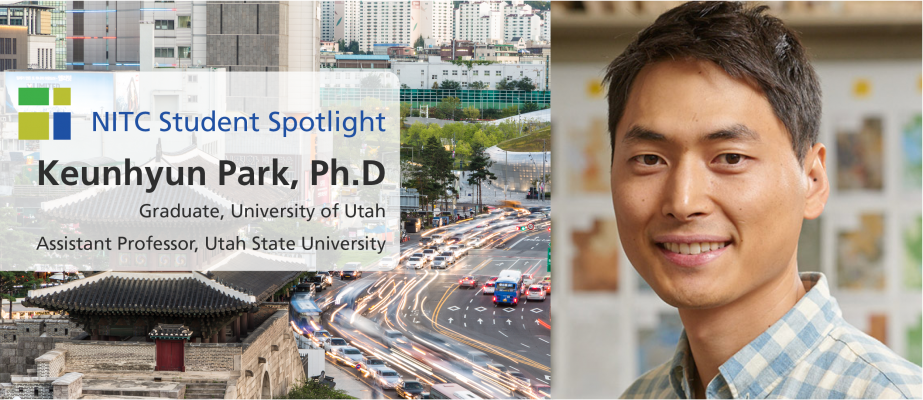
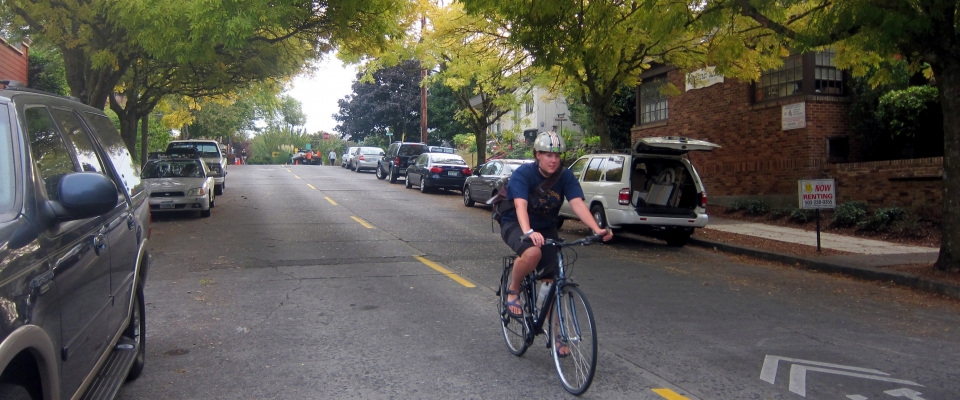
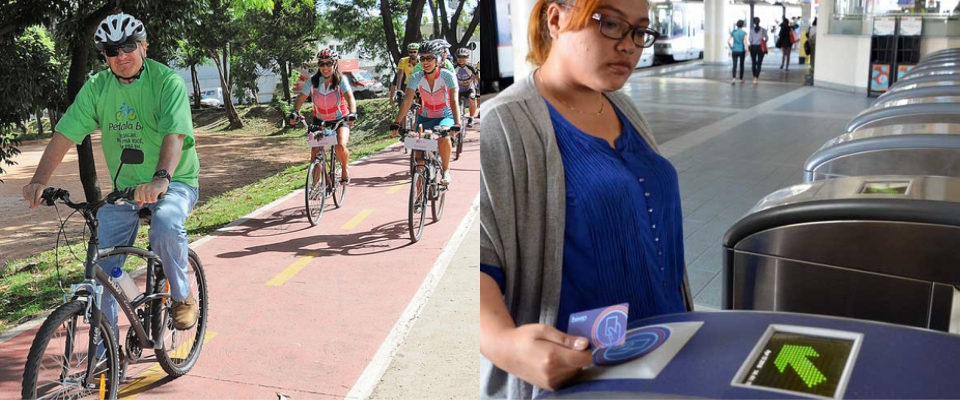
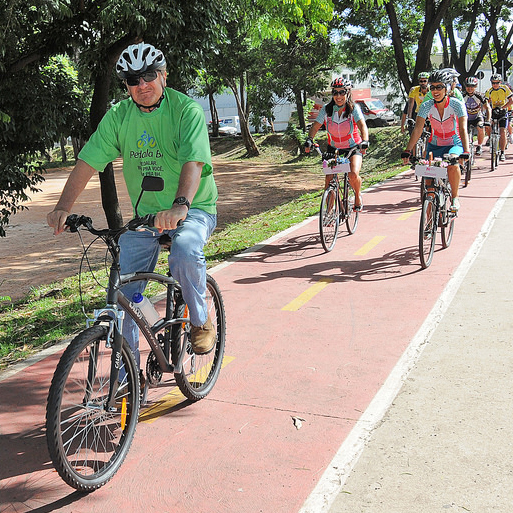 Exploring Data Fusion Techniques to Derive Bicycle Volumes on a Network
Exploring Data Fusion Techniques to Derive Bicycle Volumes on a Network